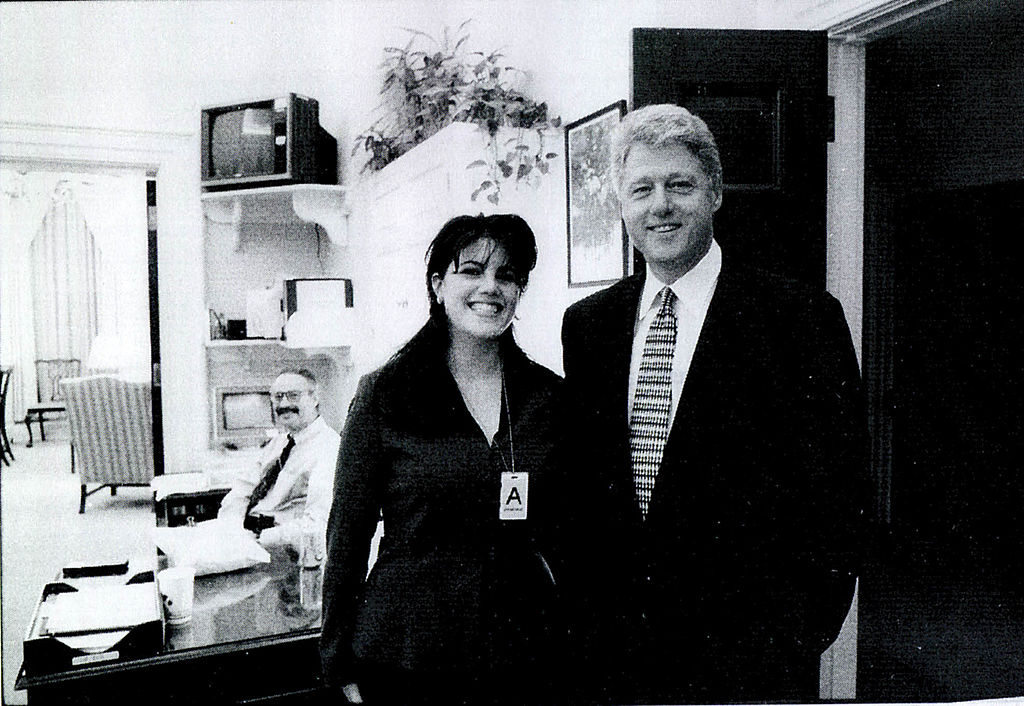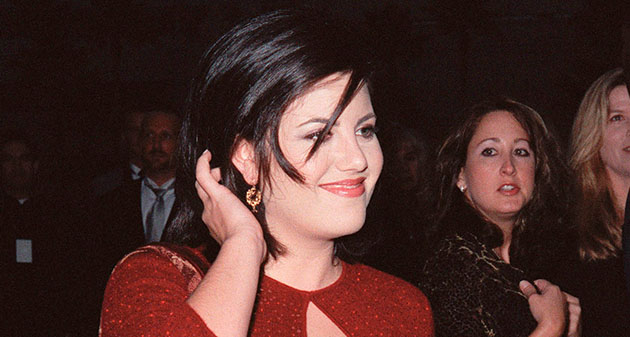Monica Lewinsky is finally reclaiming her story, 30 years after the infamous scandal with then-President Bill Clinton. At 51, she is revisiting the past with raw honesty, speaking candidly about the affair that changed her life. Appearing on Elizabeth Day’s How To Fail podcast, Lewinsky reflects on the emotional and professional toll of being publicly shamed and misrepresented, and how she has moved forward to reclaim her narrative.
In 1998, at just 22 years old, Monica Lewinsky became the subject of one of the most scandalous events in American politics. The relationship with Clinton, then 49, dominated headlines, triggered his impeachment, and led to intense public scrutiny, particularly directed at Lewinsky. For decades, she has been the subject of ridicule, but now, Lewinsky is speaking out on her own terms.
Revisiting the Affair: Love or Abuse of Power?
For the first time in years, Lewinsky is addressing the emotional truth behind the affair. In her conversation with Day, she shared that her feelings toward Clinton at the time were a mix of limerence—an intense infatuation—and the reality of being a young woman caught in a deeply unequal power dynamic. “It was 22 to 24-year-old young woman’s love,” Lewinsky said, acknowledging that the affair also reflected an abuse of power.
She candidly discussed the implications of their relationship, stating that the power imbalance should have never allowed her to be in that position. Looking back, she emphasized that despite her youthful feelings, the affair was not only a personal mistake but also a broader commentary on the vulnerability of young women in similar situations.
 White House intern Monica Lewinsky meeting President Bill Clinton at a White House function submitted as evidence in documents by the Starr investigation and released by the House Judicary committee September 21, 1998.
White House intern Monica Lewinsky meeting President Bill Clinton at a White House function submitted as evidence in documents by the Starr investigation and released by the House Judicary committee September 21, 1998.
The Media’s Role: A “Bimbo” Label and Public Shaming
After the affair was exposed, Lewinsky became the target of intense media scrutiny. The White House’s narrative painted her as a “bimbo,” a label she fought hard to reject. “I wasn’t a dumb bimbo. I was portrayed to be, and that was a big struggle for me to deal with that,” Lewinsky said, revealing the damaging stereotypes used against her. What hurt even more was that much of the backlash came from other women, many of whom adopted the narrative pushed by the White House.
The scandal led to a loss of privacy and a tarnished reputation that followed her for years. Lewinsky became the punchline of jokes and was relentlessly hounded by the press, leading to a profound sense of shame and depression. “I would’ve liked a more normal life,” she admitted, reflecting on the cost of the scandal. It wasn’t just her life that was affected, but the lives of many women who watched her go through public humiliation.
The Lasting Impact: Generational Collateral Damage
One of Lewinsky’s most powerful insights was the lasting effect her scandal had on other women. “There was so much collateral damage for women of my generation to watch a young woman to be pilloried on the world stage,” she explained. For many, Lewinsky’s public shaming became a painful lesson in how society treats women who make mistakes, especially when powerful men are involved.
The scandal, Lewinsky believes, was a formative moment for an entire generation. It was not just about her—it was about how society would treat women’s sexuality, their mistakes, and their personal lives in the court of public opinion. Three decades later, Lewinsky’s story continues to resonate, raising questions about the societal patterns of public shaming and gender inequality that persist today.
 Shutterstock
Shutterstock
Public Shaming in the Digital Age: Have We Learned Anything?
Lewinsky’s raw honesty compels us to reflect on how far we’ve come in our treatment of women in the public eye. The rise of social media and the viral nature of public shaming have made it even more difficult for individuals to recover from such scandals. Lewinsky’s candidness also begs the question: have we learned anything from the past? In today’s world, where hashtags and viral trends amplify public shaming, are we truly any more forgiving toward young women caught in powerful men’s scandals? Or are we merely repeating the same mistakes with a new set of tools?
Thirty years after the affair, Lewinsky is no longer asking for pity. Instead, she’s asking for the world to finally see her as more than just a footnote in someone else’s legacy. Through her openness, Lewinsky has become a symbol of resilience, offering a vital perspective on the cost of public shaming and the need for empathy and understanding.
”
Full Story: Man Loses 360 Pounds Naturally—Internet Rallies to Support His Next Step
Full Story: Tammy Hembrow’s Bikini Photos Are Stirring Controversy—Here’s Why Everyone’s Talking
Monica Lewinsky’s story is one of personal struggle and resilience, and her willingness to share her truth helps challenge the outdated narratives that continue to haunt women in similar situations. Her words are a reminder that everyone deserves to be seen as a whole person, not just the sum of their mistakes.



